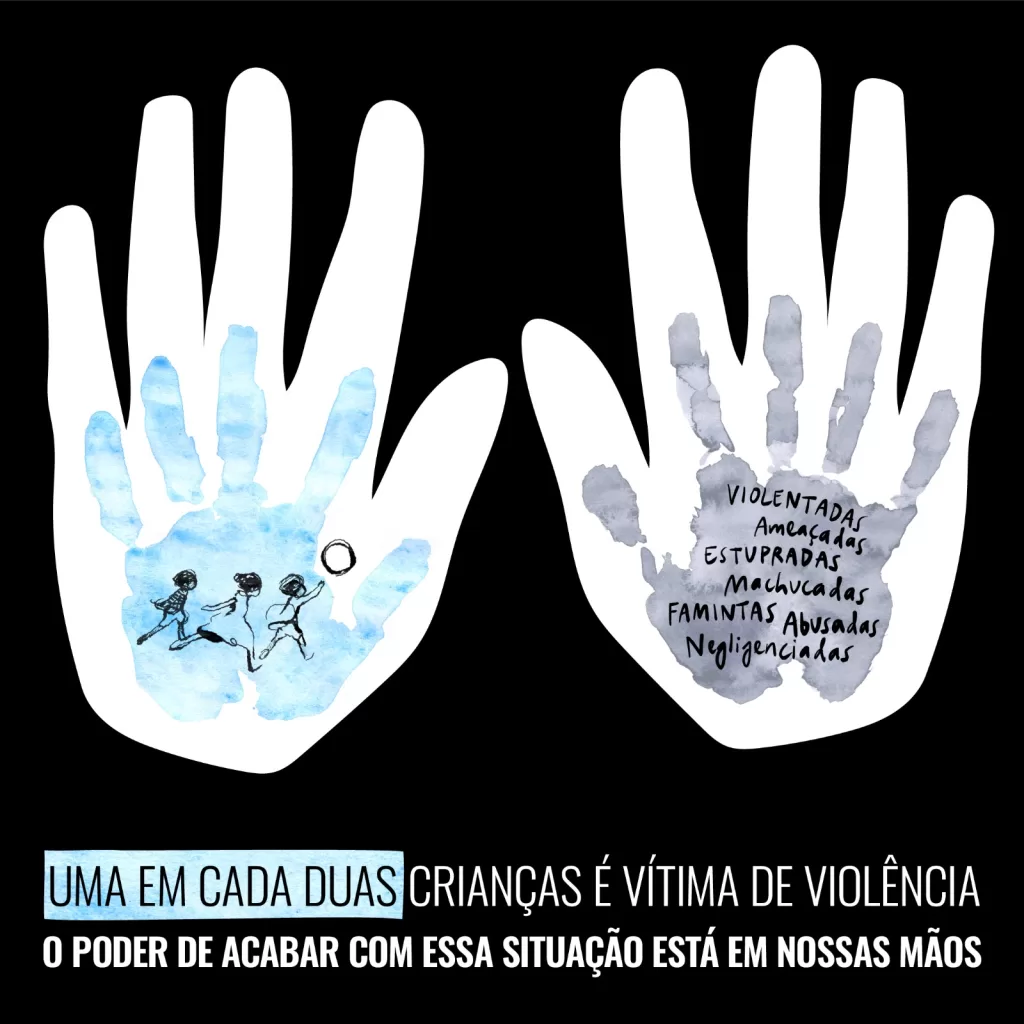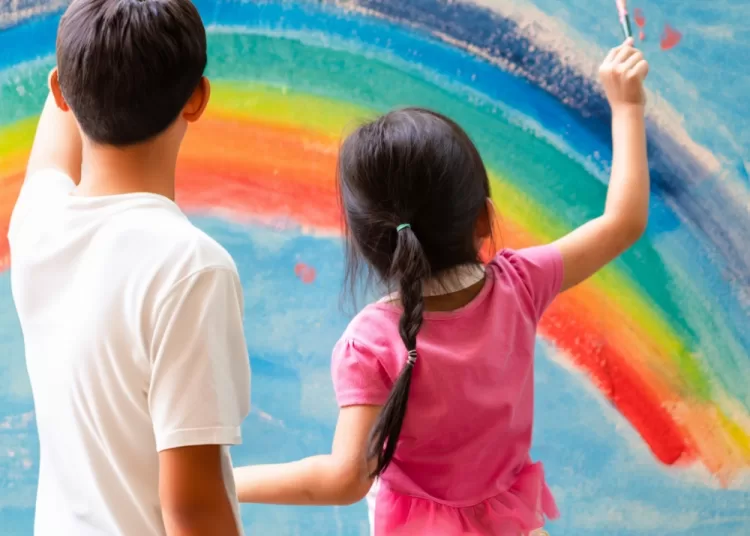WHO – A new group of Champions for Childhood, consisting of survivors, experts and advocates from around the world, is launching a global effort to tackle the shocking issue of violence against children. According to World Health Organisation figures, one in two of all children globally – over 1 billion – experience violence each year. They have come together to launch an open letter calling for urgent government action ahead of the first-ever Global Ministerial Conference on Ending Violence Against Children, taking place in Colombia in November.
Every year, one in two children across the globe are subjected to violence. From sexual abuse, to bullying, gang violence, child marriage, online harm, violent discipline, and child labour, acts of violence take many forms – all leaving scars that can last a lifetime. Violence against children erodes every investment made in their future, from education to physical and mental health, affecting societies on a global scale. This issue is cyclical, with each act of violence increasing vulnerability to further harm.
To put a human face to this devastating statistic, survivors of violence have come together with high-profile advocates and activists across the world, including artists, actors, and creators.
By raising awareness and mobilising governments, the group seeks to inspire urgent action and drive change at both local and global levels. They are calling on world leaders to use the upcoming Ministerial Conference to focus on critical strategies: ensuring that parents and caregivers receive essential support, creating safe and empowering school environments, and making response and support services universally accessible to every child in need. This conference is a vital opportunity to address both the immediate needs and systemic changes required to protect current and future generations of children.
The coalition calls on world leaders to “change the course of a billion childhoods and secure a safer, more just world for generations to come.” Supported by a worldwide social media campaign, this message will reach millions across the globe to galvanise public and political will to end violence against children.
Evidence shows that with the right approaches, violence against children can be significantly reduced. Countries implementing evidence-based strategies can see reductions in violence by up to 50% in the short and medium term.
World leaders have already committed to end violence against children in all its forms under the Sustainable Development Goals – a collection of 17 interlinked goals set by the United Nations in 2015, which aim to end poverty, protect the planet, and ensure prosperity for all by 2030 – but progress has stalled. The Champions for Childhood coalition urges these leaders to attend the Colombia conference with bold, transformative commitments. The future of a billion children — and the future stability and prosperity of societies — depends on it.
Dr Etienne Krug, Director of the Department of Social Determinants of Health at the World Health Organisation, said:
“Half of all children are subject to cruel acts of violence every year, yet the issue does not receive the attention, funding, or political prioritisation it deserves and so desperately needs. Evidence from around the world demonstrates that violence against children can be prevented – and the health sector has an important role to play in that. Governments worldwide must now seize this crucial opportunity to make that change a reality for the 1 billion children on this planet who experience harm every year.”







Discussion about this post